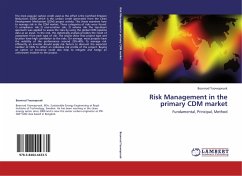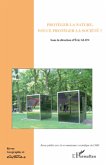The inclusion and factoring of political risk into accounting and non-accounting decisions is crucial if multinational firms are to avoid negative consequences ranging from unprofitable business environments to the outright expropriation of their assets. In a work that will be of particular value to professionals and academics in international and domestic finance, accounting, and management, the authors examine the characteristics of environments that give rise to political risk, explore the relationship between low economic growth and high political risk, and differentiate between definitions and forecasting models of political risk. They also provide a unique forecasting model to explain and predict risk, and they suggest alternative strategies for managing political risk.
Hinweis: Dieser Artikel kann nur an eine deutsche Lieferadresse ausgeliefert werden.
Hinweis: Dieser Artikel kann nur an eine deutsche Lieferadresse ausgeliefert werden.








